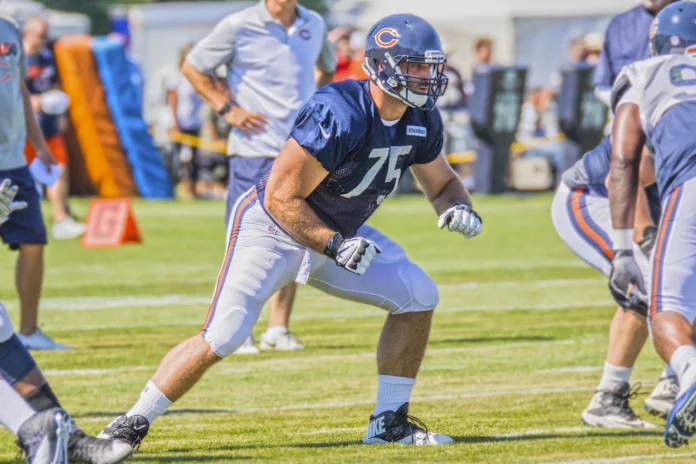Understanding the value of veteran defenders
The continued trust placed in seasoned defenders across the NFL reflects more than nostalgia for familiar names. In a league defined by speed, constant scheme evolution and razor-thin margins, veteran presence brings stability that analytics alone can’t fully quantify. Teams increasingly rely on experienced defenders to handle complex reads, identify disguised formations and anchor units filled with younger, more athletic talent.
Experience shapes anticipation, and anticipation often decides matchups long before the ball is snapped. While younger players may possess raw explosiveness, veterans understand tendencies, situational cues, and offensive adjustments that only years of repetition can teach. This knowledge becomes especially valuable in high-leverage moments where one misread can determine the outcome of a game.
For bettors, this dynamic matters more than it may seem. Understanding why teams prioritize dependable defensive veterans sheds light on matchup consistency, late-season performance and how certain defenses maintain efficiency despite lacking headline star power. Veteran stability often keeps lines tighter than expected, especially in games where experience outweighs raw athleticism.
Key reasons veteran defenders remain essential
Several core factors continue to justify the NFL’s reliance on seasoned defenders. First, defensive communication improves dramatically with experience. Veterans process shifts, motions and protections faster, helping prevent breakdowns that younger players often struggle to diagnose in real time.
Second, many defensive schemes, especially hybrid fronts and complex coverage shells, demand precise spacing and timing. Younger players can excel physically while still missing subtle assignment cues. Veterans bridge that gap by executing responsibilities with consistency, even if their athletic peak has passed.
Lastly, leadership and emotional steadiness play enormous roles. In games where momentum swings quickly, having defenders who maintain structure and calm can prevent a cascade of mistakes. For bettors assessing in-game resilience or defensive reliability, these traits carry real weight in predicting outcomes.
Recent trends supporting the veteran defender model
Recent seasons reaffirm why teams keep leaning on seasoned players to stabilize their defenses. Contenders often elevate their performance late in the year thanks to defenders who understand playoff pacing, opponent study habits and long-term endurance. Teams like the Chiefs, 49ers and Ravens have all benefited from blending young upside with veteran anchors who keep the unit aligned through high-pressure stretches.
Advanced metrics also reveal that defensive efficiency frequently increases when veteran defenders play significant snap counts. Their ability to read quarterbacks, anticipate route combinations and diagnose blocking schemes leads to fewer explosive plays allowed, an essential component in tight spreads and totals.
Situational football remains the clearest example. Third-down stands, red-zone execution and two-minute drills consistently favor defenses led by players who have lived these moments for years. Bettors who track these situational trends often find edges where public perception skews too heavily toward athletic youth over proven reliability.
Our Prediction is to trust defenses built around veteran cores
Looking across performance patterns and league tendencies, defenses with established veteran leaders remain the safer analytical play. These players provide the communication, discipline and strategic awareness that stabilize units during volatile game moments. For bettors evaluating matchups, this reliability often translates into predictable defensive floors, even when injuries or offensive inconsistencies hit.
Veteran-heavy defenses tend to outperform expectations in tightly lined games, particularly late in the season when knowledge outweighs raw explosiveness. Their ability to minimize blown assignments keeps contests closer and supports betting positions tied to unders, spreads or dog lines that rely on steady defensive performance.
We believe the strongest long-term angle is recognizing the value that seasoned defenders bring to NFL matchups. Their presence shapes game flow, reduces variance and reinforces structural discipline across entire units. As long as anticipation and communication remain central to winning football, the league’s faith in veteran defenders, and the betting value they create, will continue to persist.




